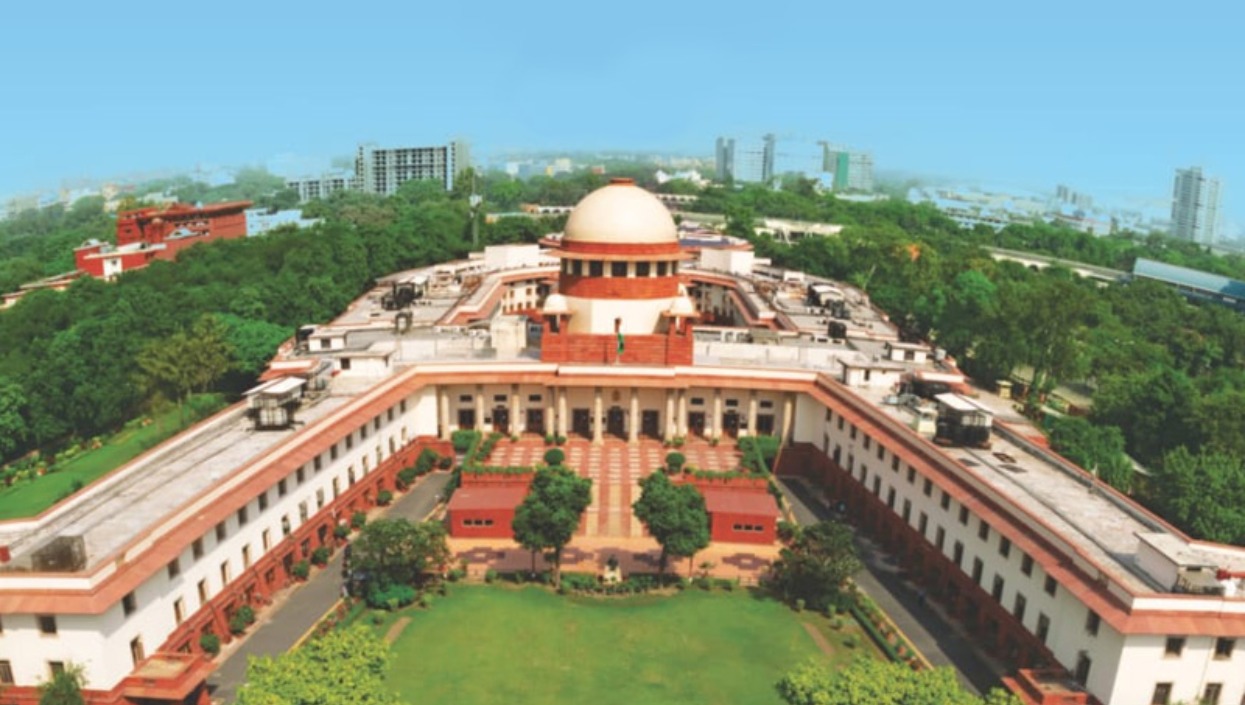Jammu and Kashmir hit by 5.8 magnitude earthquake, no casualties reported
.gif)
.gif)

The Supreme Court has reiterated that ensuring clean and pollution-free air is a constitutional obligation of both the Centre and state governments. The observation came on November 17 during a hearing on the alarming air quality levels in Delhi and the surrounding National Capital Region (NCR). The bench, comprising Justices Abhay S. Oka and Augustine George Masih, emphasized that clean air is a fundamental right guaranteed under the Constitution of India.
The apex court was hearing a plea seeking immediate steps to curb air pollution, which has reached hazardous levels in the NCR. The bench also instructed state governments to explore the possibility of halting physical classes for students up to Class 12 to safeguard children’s health during this period of extreme air toxicity.
"Governments must act decisively to protect citizens from the health crisis caused by toxic air. This is not just an environmental issue but a fundamental constitutional duty," the bench stated. The court warned that failure to act could have severe repercussions for public health and urged authorities to prioritize citizens' well-being.
The court's intervention comes as the Air Quality Index (AQI) in Delhi-NCR consistently remains in the 'severe' or 'hazardous' category, posing a significant threat to vulnerable groups such as children, the elderly, and those with pre-existing health conditions. The bench expressed concern over the delayed implementation of measures under the Graded Response Action Plan (GRAP) and stressed the need for strict enforcement.
In addition to urging governments to protect children by temporarily halting in-person classes, the court directed authorities to implement long-term measures to reduce air pollution. These include stricter control of industrial emissions, a crackdown on stubble burning, and promotion of green energy solutions.
The Supreme Court's remarks have intensified the ongoing debate on the roles and responsibilities of the Centre and state governments in addressing the recurring air pollution crisis. The top court will continue to monitor the situation and review the effectiveness of the steps being taken.